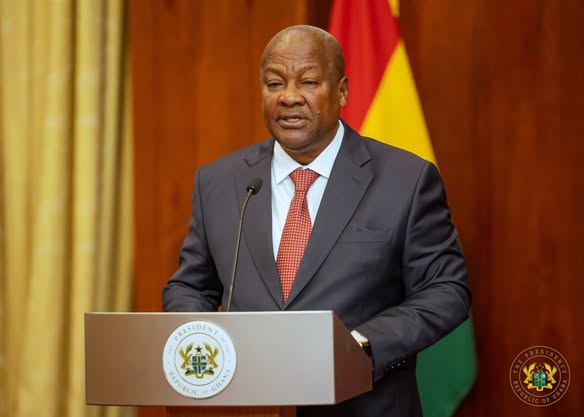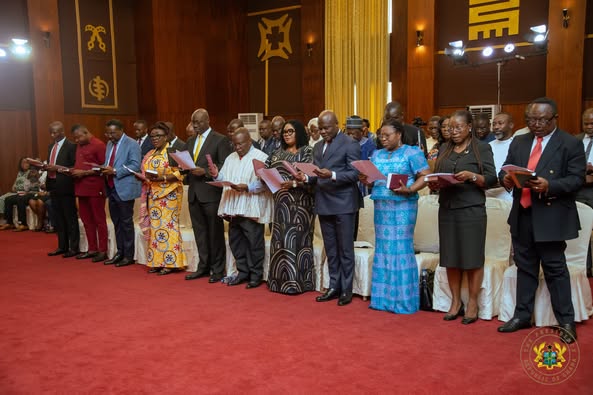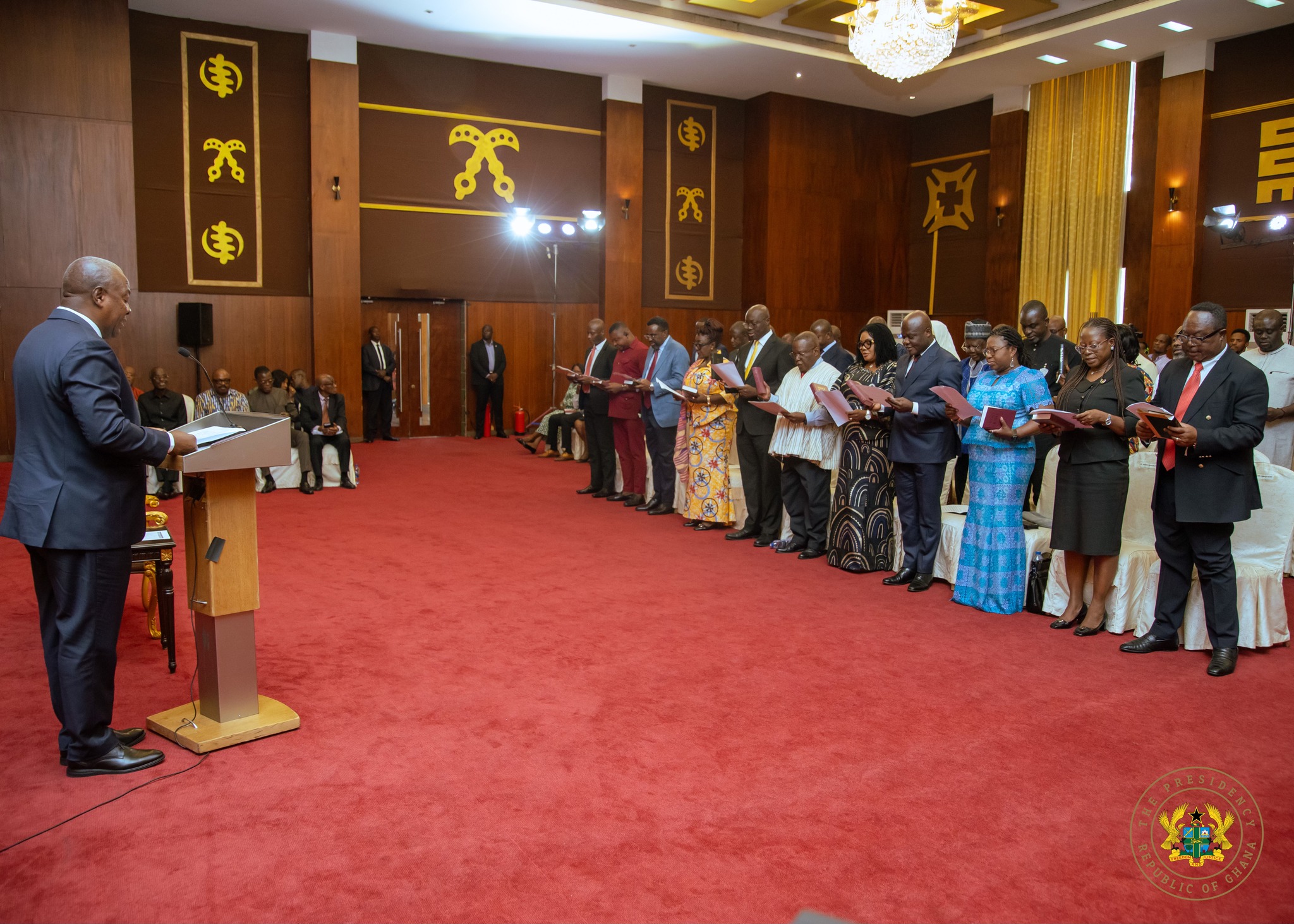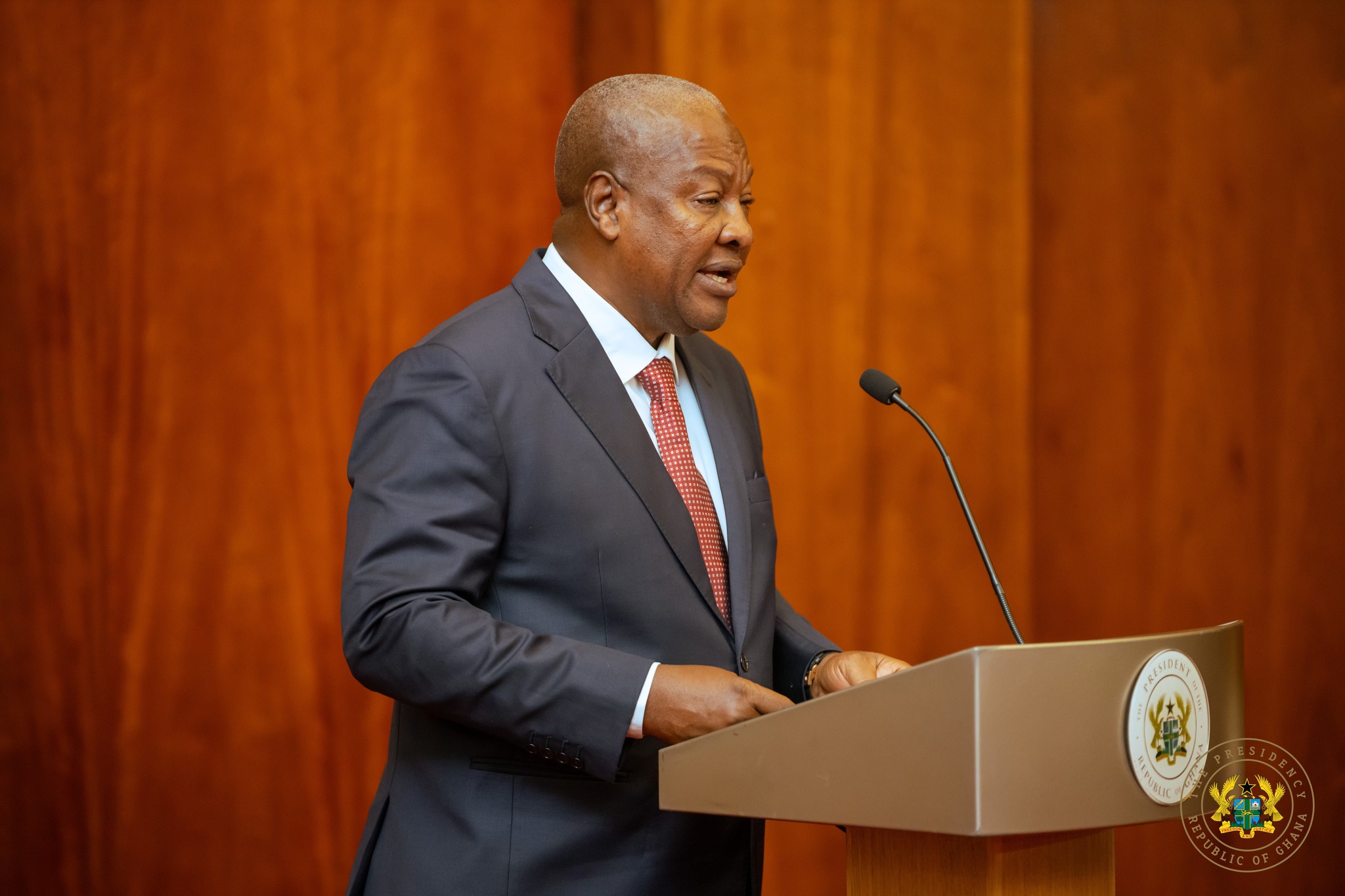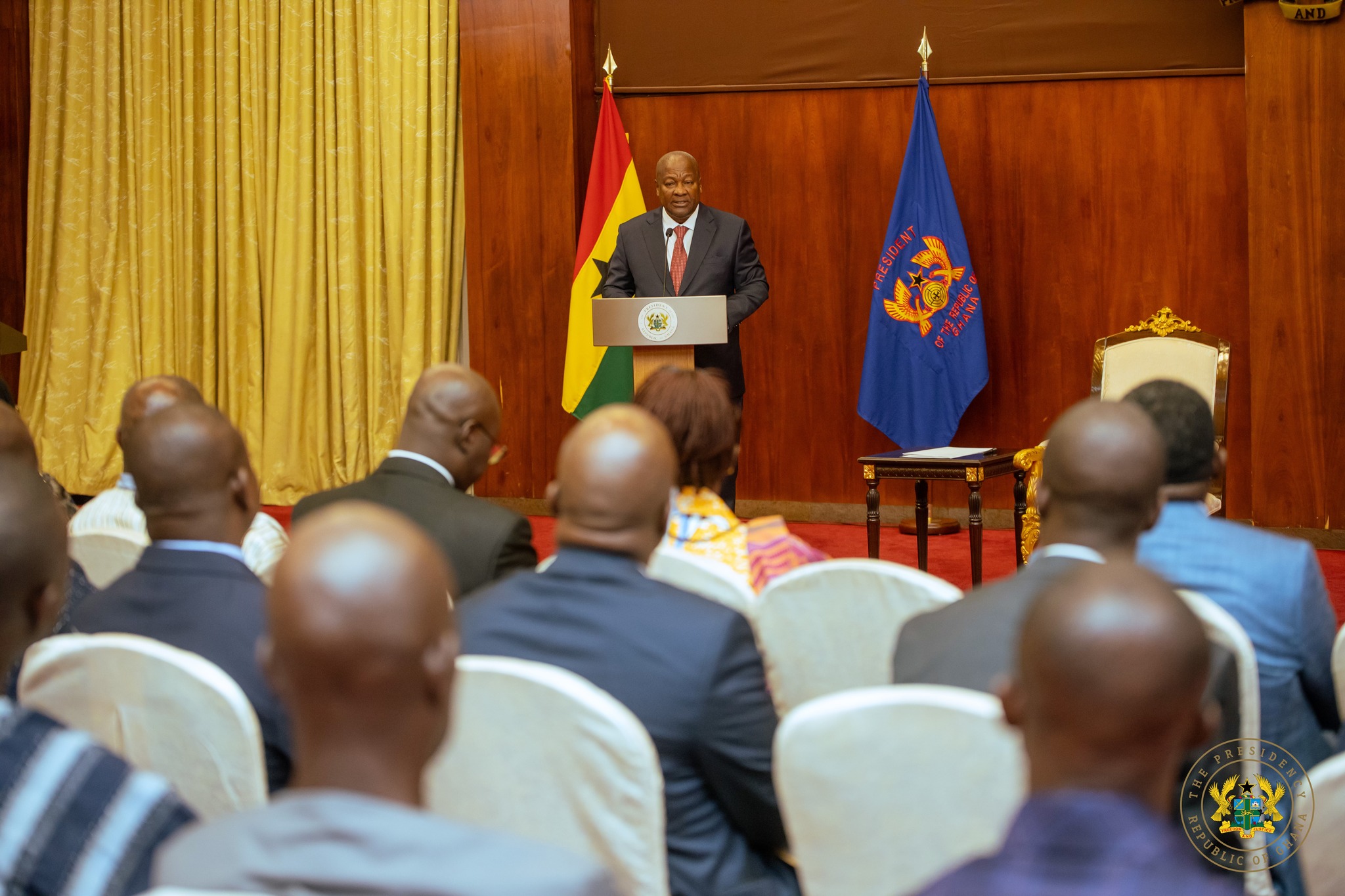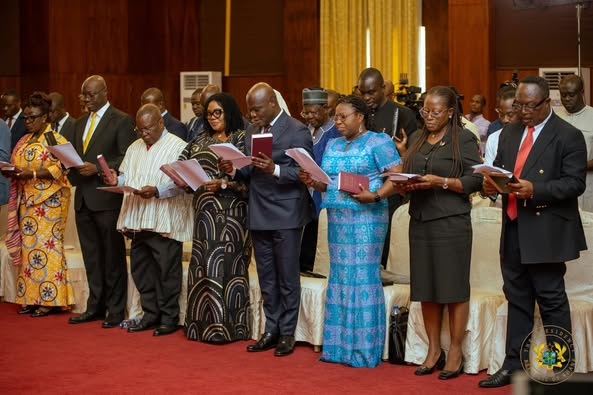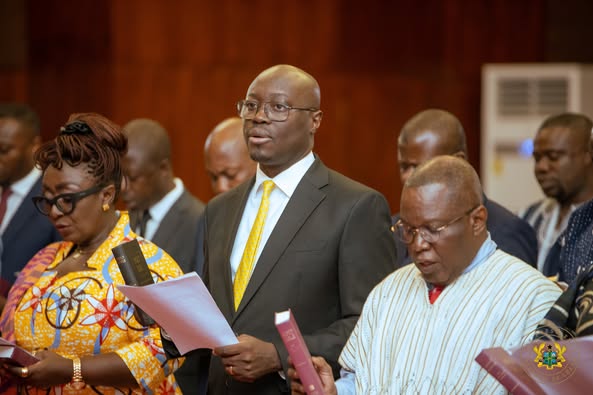SIC Financial Services has proposed the introduction of a Group Personal Pension Scheme (GPPS) specifically designed for Assembly Members, in a bid to improve their long-term financial security and embed a structured culture of retirement savings within local governance. The proposal was formally presented during a strategic engagement with the Ministry of Local Government, Chieftaincy and Religious Affairs (MLGCRA).
The Ministry, recognising the relevance and timeliness of the initiative, listened attentively and engaged closely with SIC officials. The Ministry encouraged further dialogue and consultations, especially with Assembly Members themselves, their collective groupings, and relevant association leadership. This, the Ministry believes, is key to ensuring the scheme’s design and implementation respond directly to the lived realities of local representatives across the country.
The proposal outlines a system where Assembly Members would contribute between five and ten per cent of their monthly allowances into a pension fund, aligned with the third-tier structure of the National Pensions Regulatory Authority (NPRA). With approximately 77 per cent of Ghana’s economy comprising informal sector workers, many of whom serve as Assembly or Unit Committee Members, this proposed scheme is positioned to bring long-overdue pension coverage to a largely unprotected segment.
An integral part of SIC’s proposal also includes a life insurance policy that would provide financial support to the families of Assembly Members who pass away while in office. This additional protection seeks to lessen the burden on families and reduce the reliance on limited local government resources during times of grief.
The overarching objective is to promote financial independence and peace of mind for Assembly Members, ensuring they can serve their communities with dedication and a sense of security. The Ministry expressed appreciation for the forward-thinking proposal and reiterated its commitment to work with key stakeholders, including the NPRA and licensed pension fund managers to examine the framework and potential modalities for implementation.
If adopted, the scheme will be rolled out with an initial sensitisation campaign to educate Assembly Members on the benefits, registration processes, and expectations. Enrolment will involve capturing essential personal and beneficiary details, followed by monthly deductions and contribution tracking through direct notifications.
To guarantee sustainability and transparency, a Board of Trustees will be established to supervise the scheme, and quarterly monitoring sessions will be held to review progress and make necessary adjustments.
This development marks a promising step towards enhancing social protection for Ghana’s local government actors. It also reflects the Ministry’s ongoing efforts to create an enabling environment where innovative partnerships can lead to meaningful, people-centred governance solutions.
Source: Matilda Tettey
(Public Relations Unit MLGCRA)

